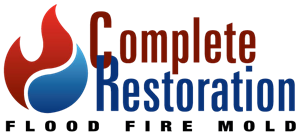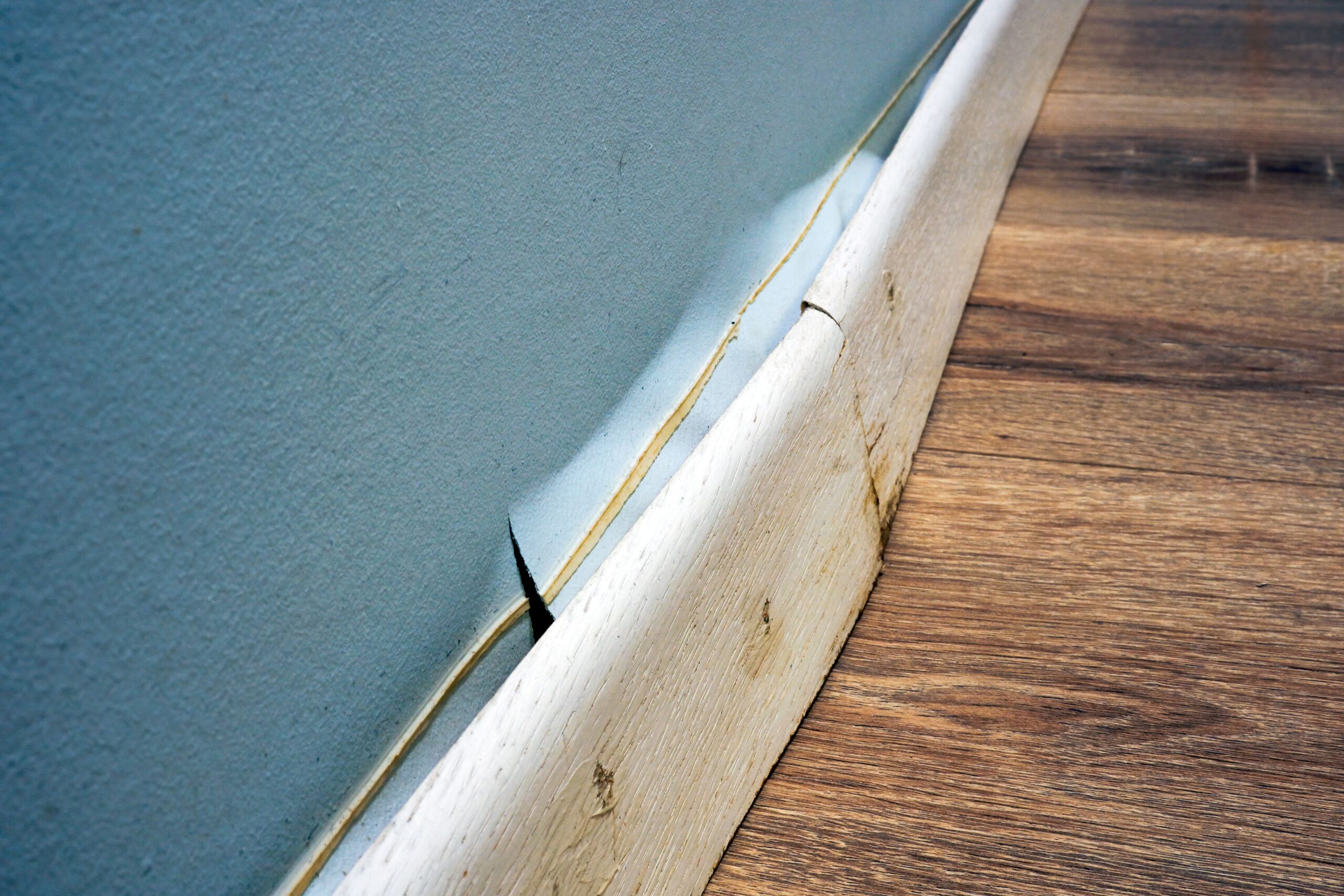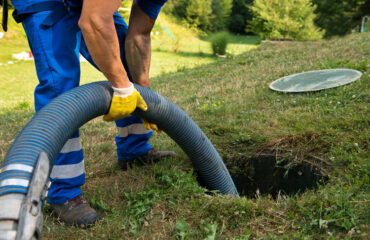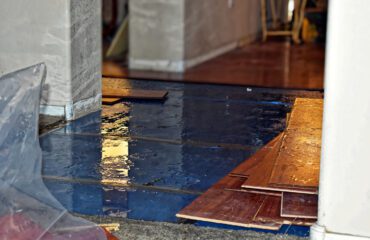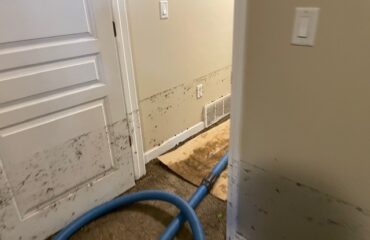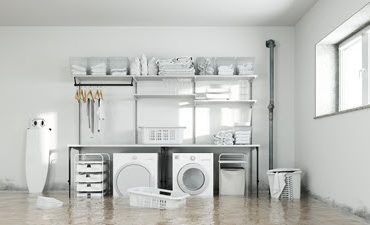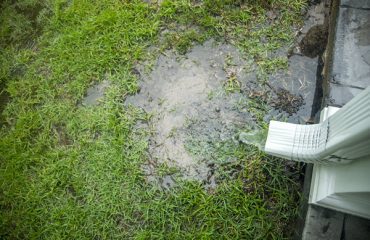If you will be away from home, whether just for the holidays for a week or two, or for a month or two, winterizing your home should be one of your top priorities this fall. Preparing your home, especially your water pipes, for the cold season will help prevent any accidents and damages. These damages include broken or burst pipes, unusable plumbing systems, and more.
If you plan to spend the winter away in a warmer state, then it becomes all the more important to winterize your water pipes and entire plumbing system. After all, you don’t want to come home to a flooded or damaged home.
This is a reality many homeowners who fail to winterize their houses face each year. Winter flooding is a real, countrywide risk.
Here is a short checklist to help you winterize your home inside and out.
1. Shut Off the Main Water Valve
In most homes, there is a handle you simply need to turn to shut off your main water supply. If you don’t know where it is, call on a professional for assistance.
Shutting off your main water valve prevents unwanted pressurized water from entering your plumbing system. After doing this, you should also turn off your water pump and water heater.
Failure to do this can result in a flooded home. Leaving your main valve turned is equivalent to leaving a faucet on should your pipes burst. The valve will push water into your pipes and leave you with running water flowing into and flooding your home.
2. Drain Your Water Pipes
Once you’ve turned off your main water valve, turn on your faucets and allow the remaining water in your pipes to drain. Make sure to do this for both indoor and outdoor water pipes. Don’t forget to disconnect outdoor hoses and drain the hose of any remaining water as well!
Remember that ice expands and takes up more space than water. As such, when the water inside your pipes freezes, it will put stress on your pipes and likely cause them to burst.
Having little to no water inside the pipes lessens the risk of the ice expanding to the point of breaking.
3. Drain Your Water Heater or Hot Water Tank
It is also important to let your hot water tank or water heater drain. Leaving water inside it not only leaves you susceptible to frozen and burst pipes but also risks damaging the heating components inside.
4. Flush Toilets to Remove Water
Your pipes aren’t the only part of your plumbing system that you need to drain. You need to make sure your toilets’ water tanks are fully winterized and empty as well.
Flush your toilets several times if necessary to remove as much water as possible from both the tank and the bowl. In cases where there is still some water left, make sure to pour in antifreeze so that your toilet won’t crack from the ice.
5. Adjust the Thermostat
Make sure to adjust your thermostat accordingly. Don’t shut it down, though. This is a mistake some homeowners still make.
Set your thermostat to the lowest possible temperature that will prevent your pipes from freezing. Anywhere in the 50 to 55-degree range is often enough.
Additionally, make sure to leave your kitchen and bathroom cabinet doors open. If you keep them closed, the circulating warm air won’t reach inside the cabinets and you may still come home to frozen or burst pipes.
6. Insulate Your Water Pipes
It is crucial to keep your plumbing pipes insulated during the winter. If you have water pipes running through uninsulated spaces, such as an attic, or through exterior walls, then it’s best to wrap them in foam insulation.
It’s even better to wrap a layer of electrical tape before the foam insulation as a safeguard against holes or pipe bursts.
7. Install Water Flow and Low-Temperature Sensors
Getting a water flow and a low-temperature sensor for your main water supply pipe allows you to remain alert to potential problems that occur despite all your winterization efforts.
If your pipes do burst and you end up with a flooded home, time is of the essence. Make sure to call Complete Restoration of Salt Lake City right away to prevent large-scale and irreparable damage.
It’s best to connect the sensors to your smartphone or a 24/7 monitored alarm system for prompt alerts.
Winter Is Coming
Since the winter holidays are just around the corner, remember to winterize your home if you’re headed out of town. If you still experience winter flooding or any other disaster even after winterizing your home inside and out, you can call us at 801-676-3500 for all your water damage repair needs. Our team is certified, licensed, bonded, insured, and fully qualified to take care of your home.
